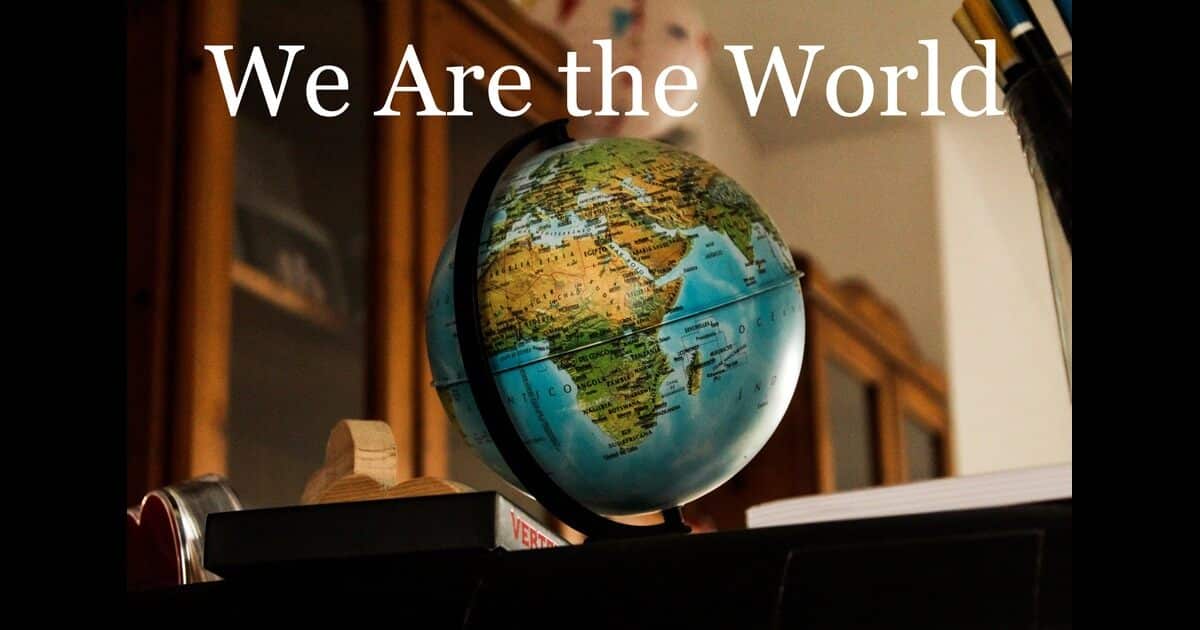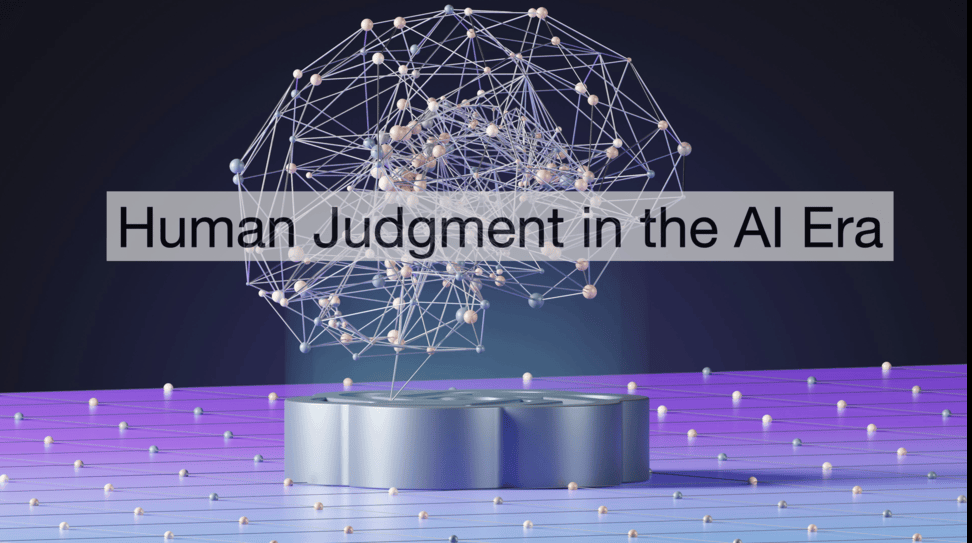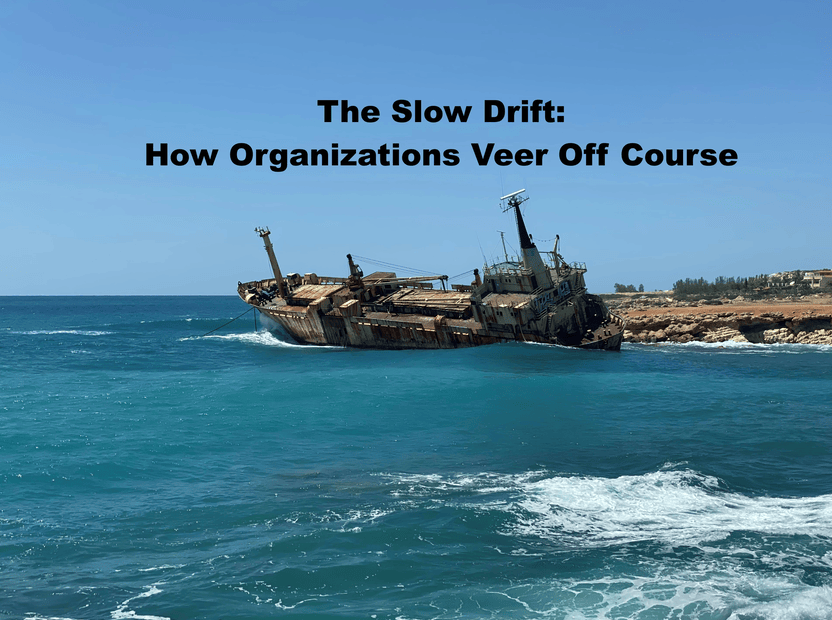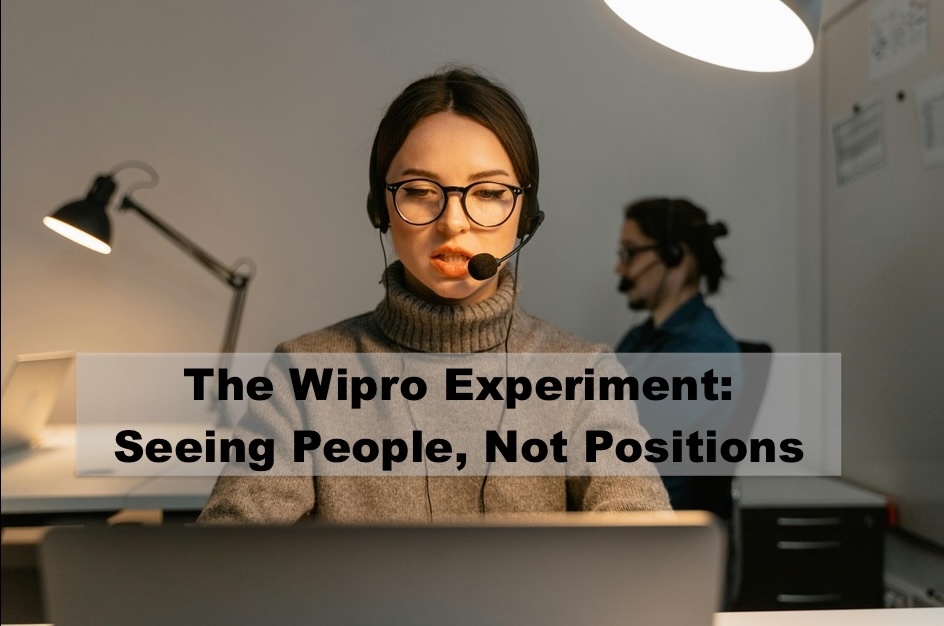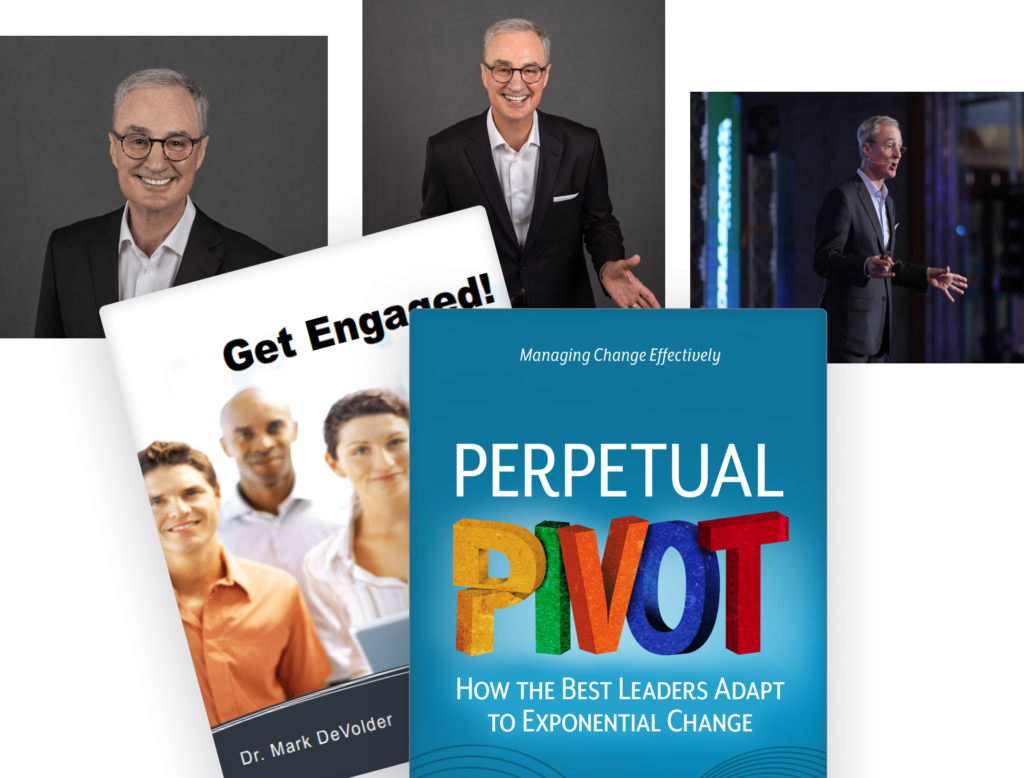On a January night in 1985, music’s biggest rock stars made history recording the famine relief song “We Are the World.” Fast forward to 2024, and the epic event is resurrected in behind the scenes stories in the new Netflix documentary, “The Greatest Night in Pop.” A powerhouse quartet comprising Harry Belafonte, music manager Ken Kragen, Lionel Richie, and producer Quincy Jones orchestrated the seemingly impossible feat of rallying the world’s biggest and busiest stars to drop everything, fly to Los Angeles and perform a concert for free. The lingering question: How did they achieve this remarkable feat? How did they Motivate Rock Stars?
Undoubtedly, the crisis in Ethiopia served as a compelling cause, with the worst famine in a century affecting millions. The song held the potential to shed light on Ethiopian suffering, generate funds for humanitarian aid, and ultimately save lives. However, the leaders recognized that more than a noble cause was required to tip the scales. What would it take to motivate Rock Stars?
To make the endeavor both convenient and feasible, obstacles were eliminated. The American Music Awards coincided with the recording session, offering a compelling reason for stars to be in Los Angeles. Yet, despite these efforts, stars remained hesitant to commit.
The breakthrough to motivate the rock stars materialized when Lionel Richie and Michael Jackson collaborated on the lyrics and melody. However, this alone wasn’t sufficient. The pivotal question lingered – who would be part of this historic endeavor? Bruce Springsteen emerged as the ideal candidate due to his immense star power. Despite the challenges – concluding his Born in the USA tour on the opposite coast the day before – Springsteen, motivated by the long-neglected famine issue, enthusiastically joined. This prompted the elusive Bob Dylan to sign on, triggering a domino effect of star participation.
Lionel Richie encapsulated the sentiment: “You are who you hug.” The allure of being part of an exclusive circle, meeting industry legends, and contributing their own voices to the cause motivated the stars. While not purely altruistic, these desires fueled the group. As the evening unfolded, Diana Ross tearfully expressed, “I just don’t want this to end.”
Effecting change is a multifaceted process, fraught with challenges, conflicting opinions, and diverse personalities. Remarkably, this monumental achievement unfolded in just twelve hours, as the chorus and individual parts were recorded and videotaped. Critical to the success was a reminder of the session’s purpose and Quincy Jones’ not-so-subtle sign: “Leave your egos at the door.”
Driving change requires a harmonious integration of vision, obstacle removal, and, most importantly, engaging individuals in the process. Research attests that without active engagement, change initiatives are prone to failure. Acknowledging the freedom for expression of fears and concerns, while helping individuals find personal motivation, is paramount. How did they pull it off? How did they motivate the rock stars? Just like that.
Dr. Mark DeVolder is a Top Change Management & Transformation Expert, Award Winning Motivational Keynote Speaker Empowering Confidence through Change. Mark can teach you how to change, anticipate business trends and accelerate future-proof transformation. He’s done it before with industry leaders like Qatar Petroleum, PepsiCo, Royal Bank of Canada and U.S. Air Force.
